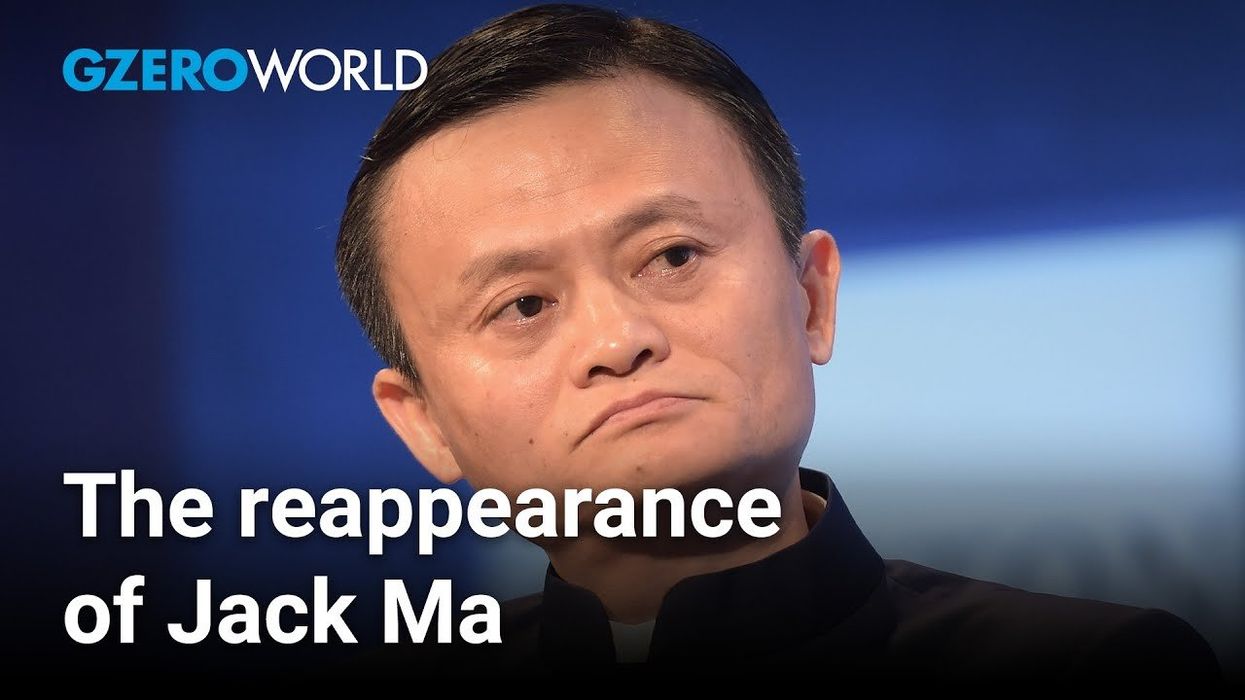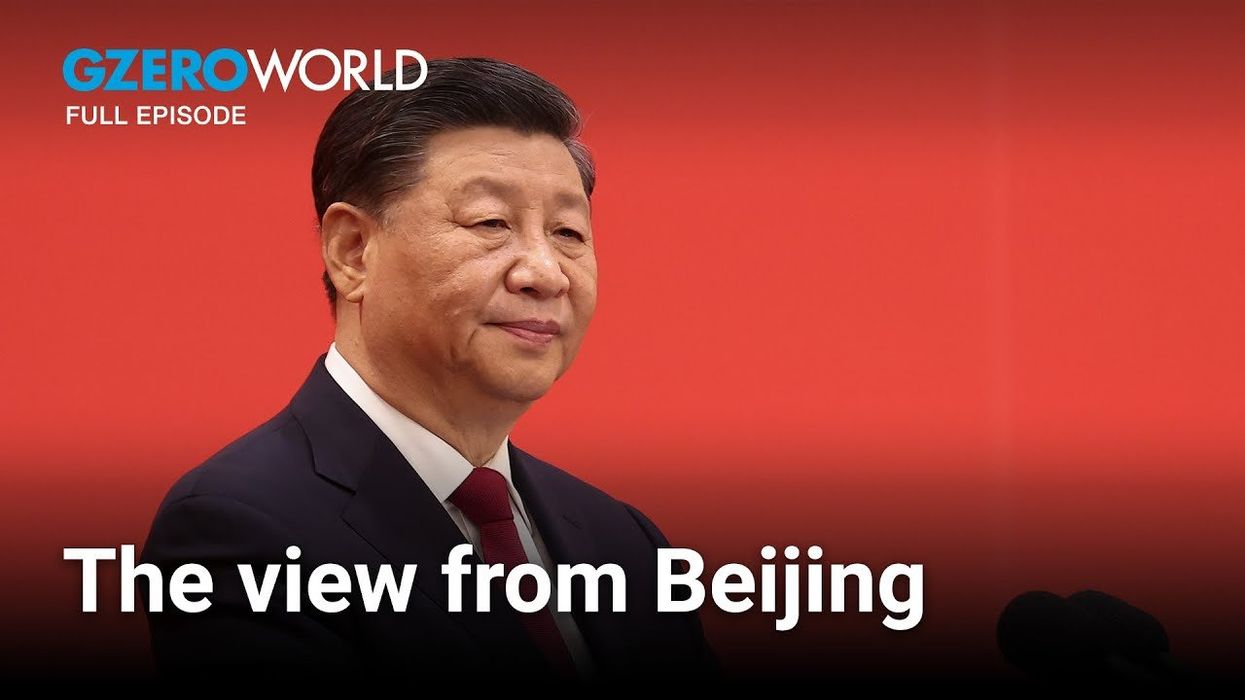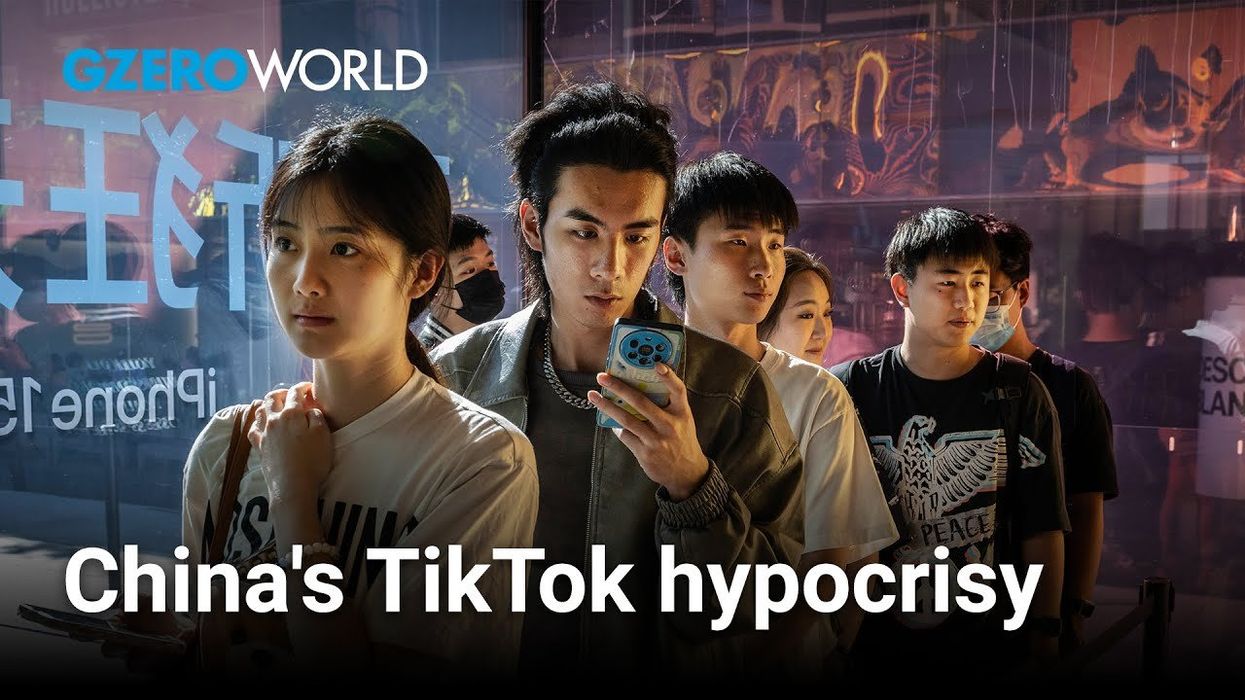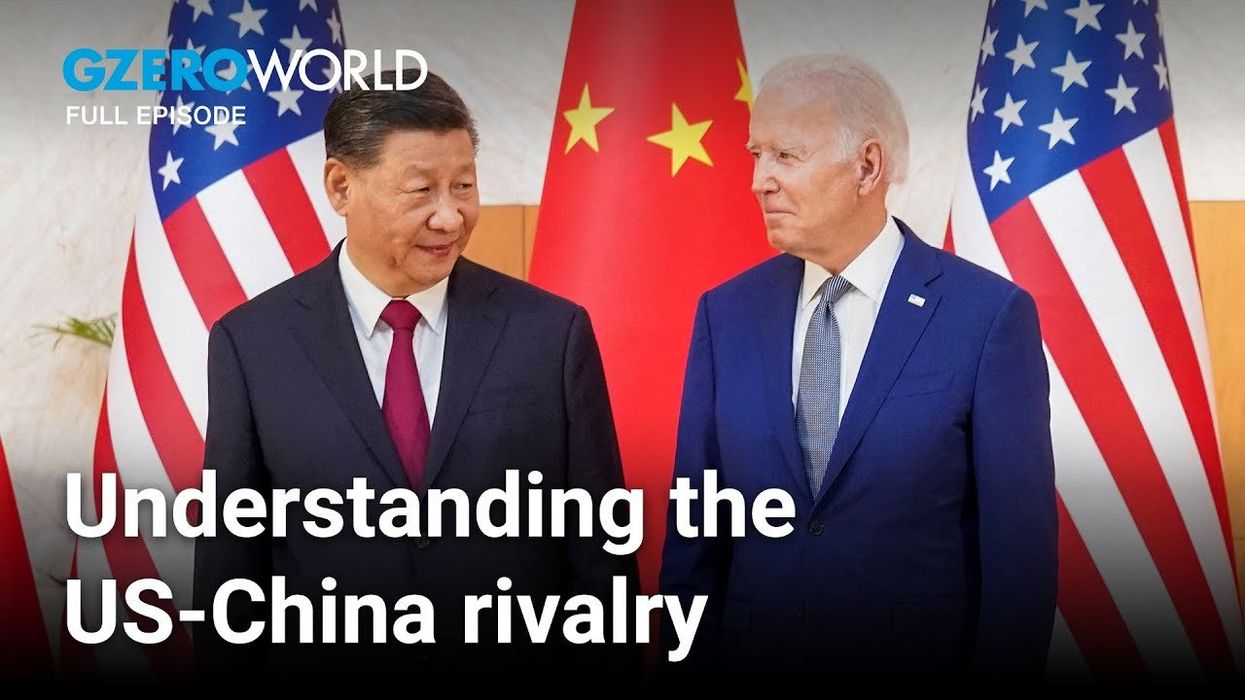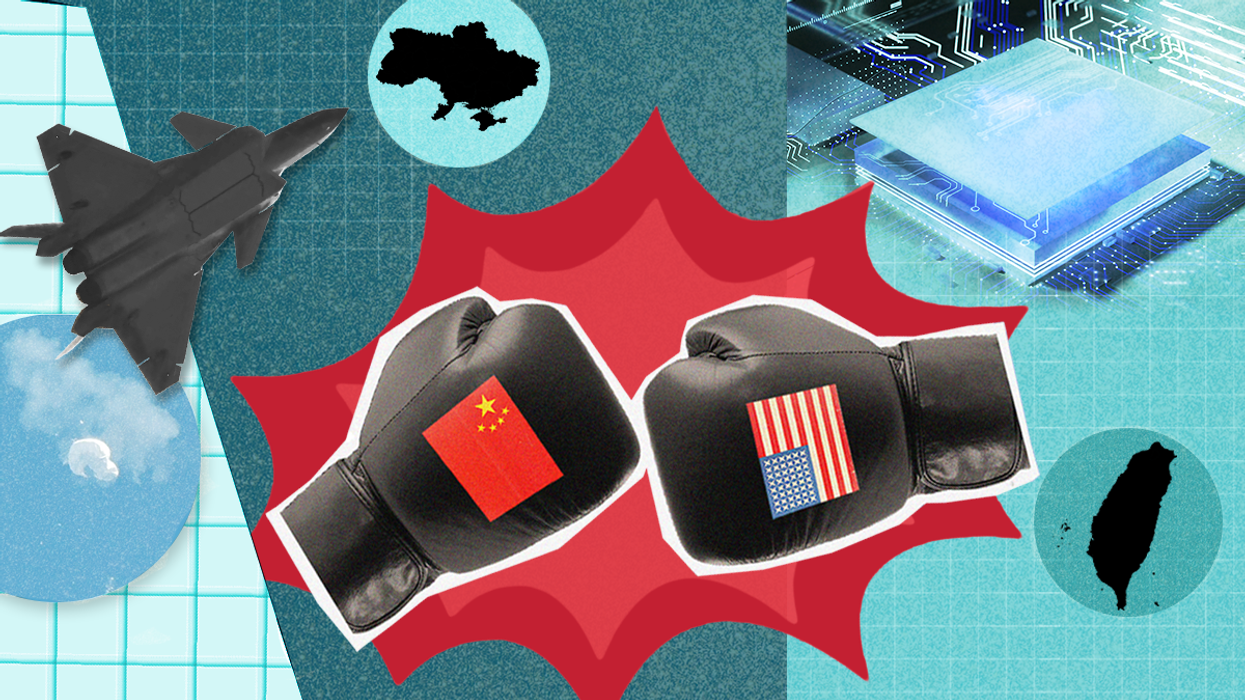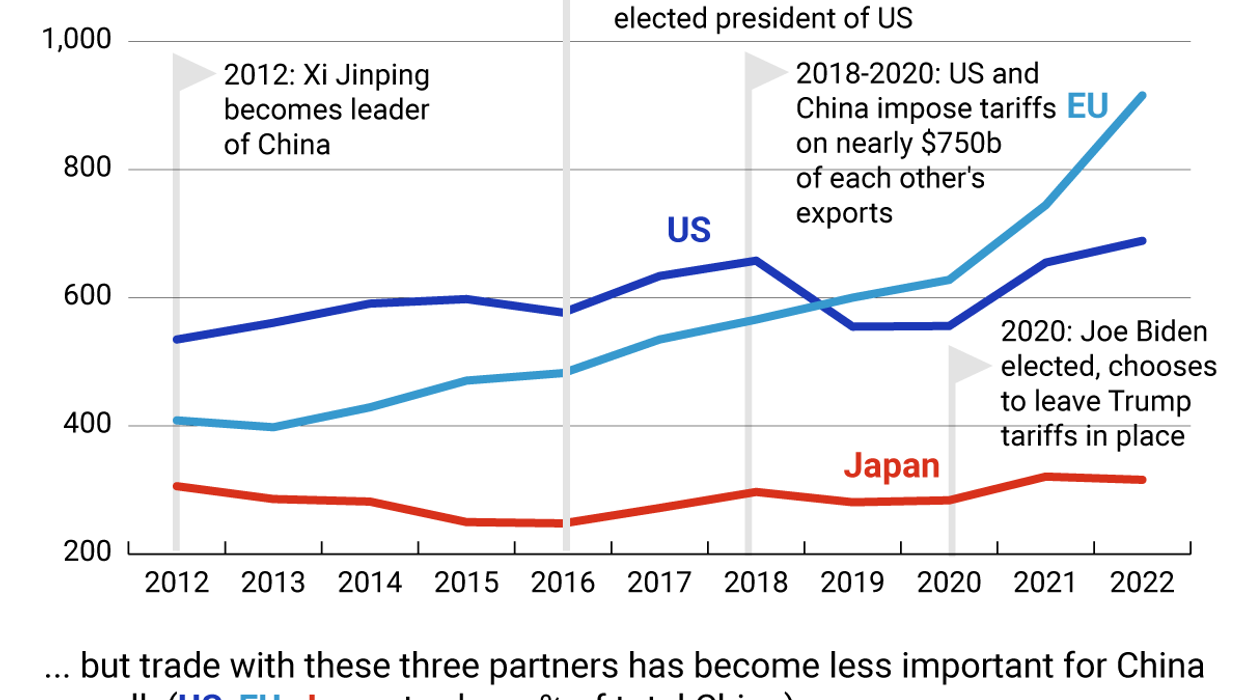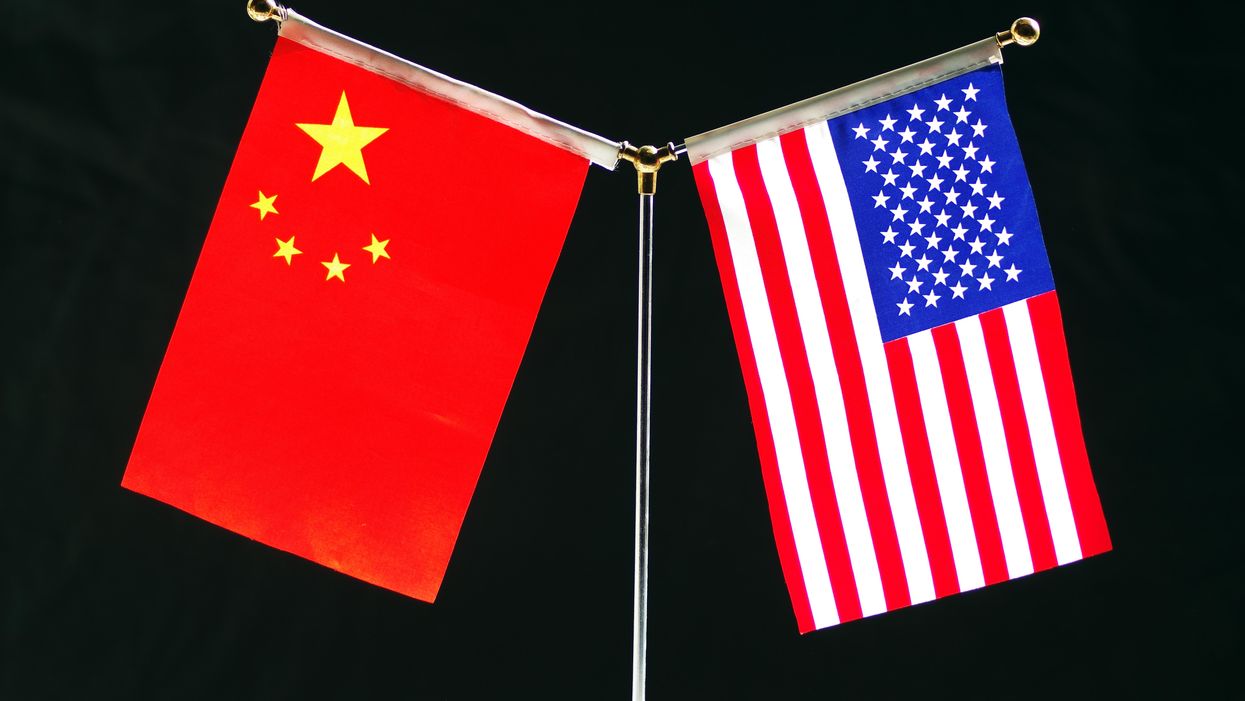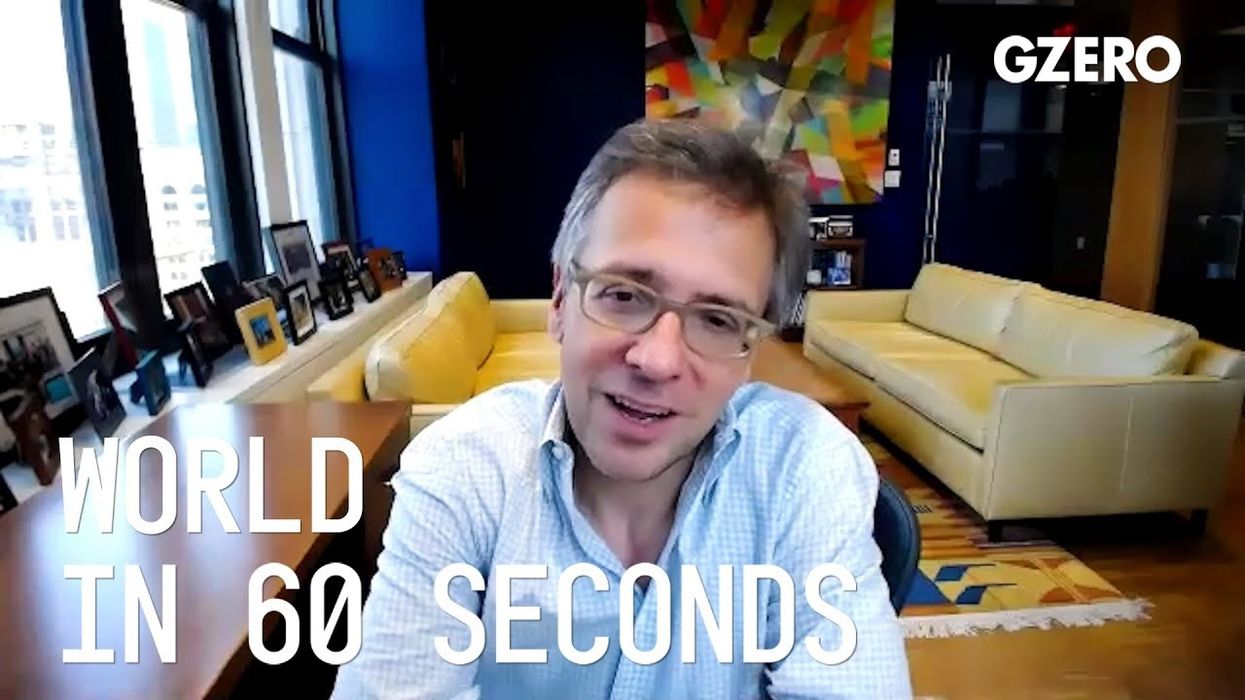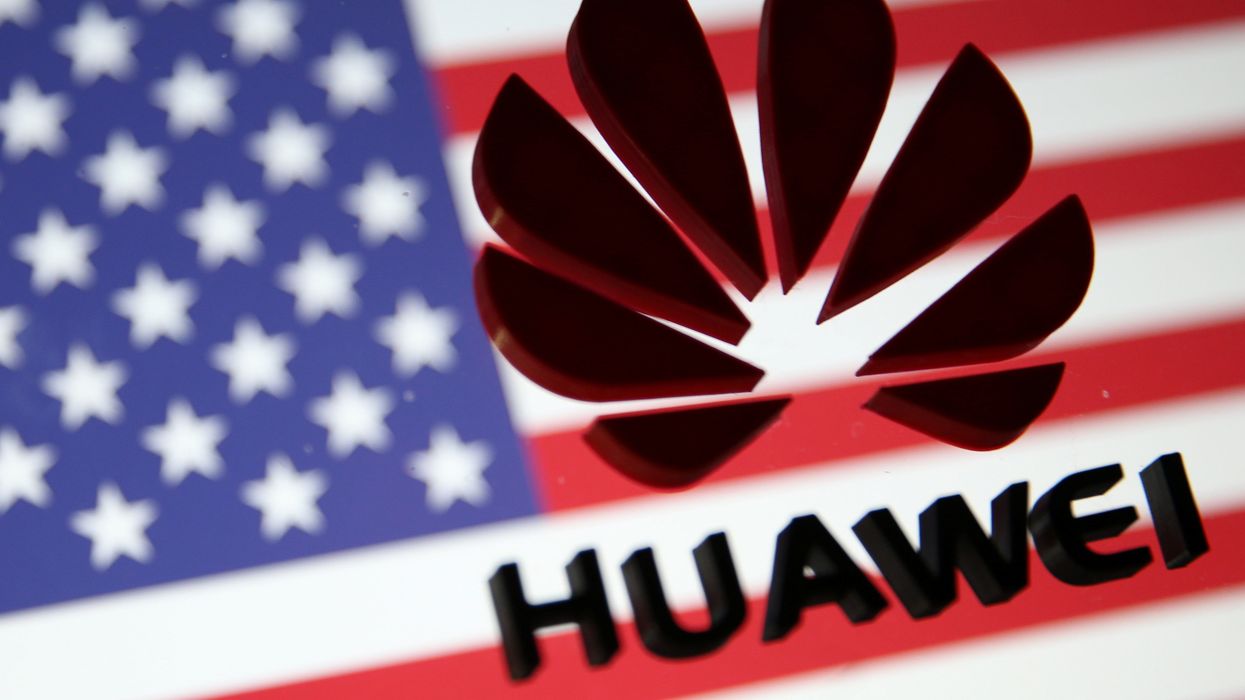GZERO World Clips
Why China's Xi Jinping needs Jack Ma
Jack Ma, the billionaire founder of tech giant Alibaba, was once synonymous with entrepreneurship in China. But in 2020, he disappeared from public view after criticizing the country’s financial system amid President Xi Jinping’s crackdown on the tech sector. Recently, however, it seems Jack Ma may be back in the Communist party’s good graces. On GZERO World, Ian Bremmer spoke with China analyst and Sinocism author Bill Bishop about the meaning behind Ma’s apparent reemergence and rehabilitation.
Mar 18, 2025
